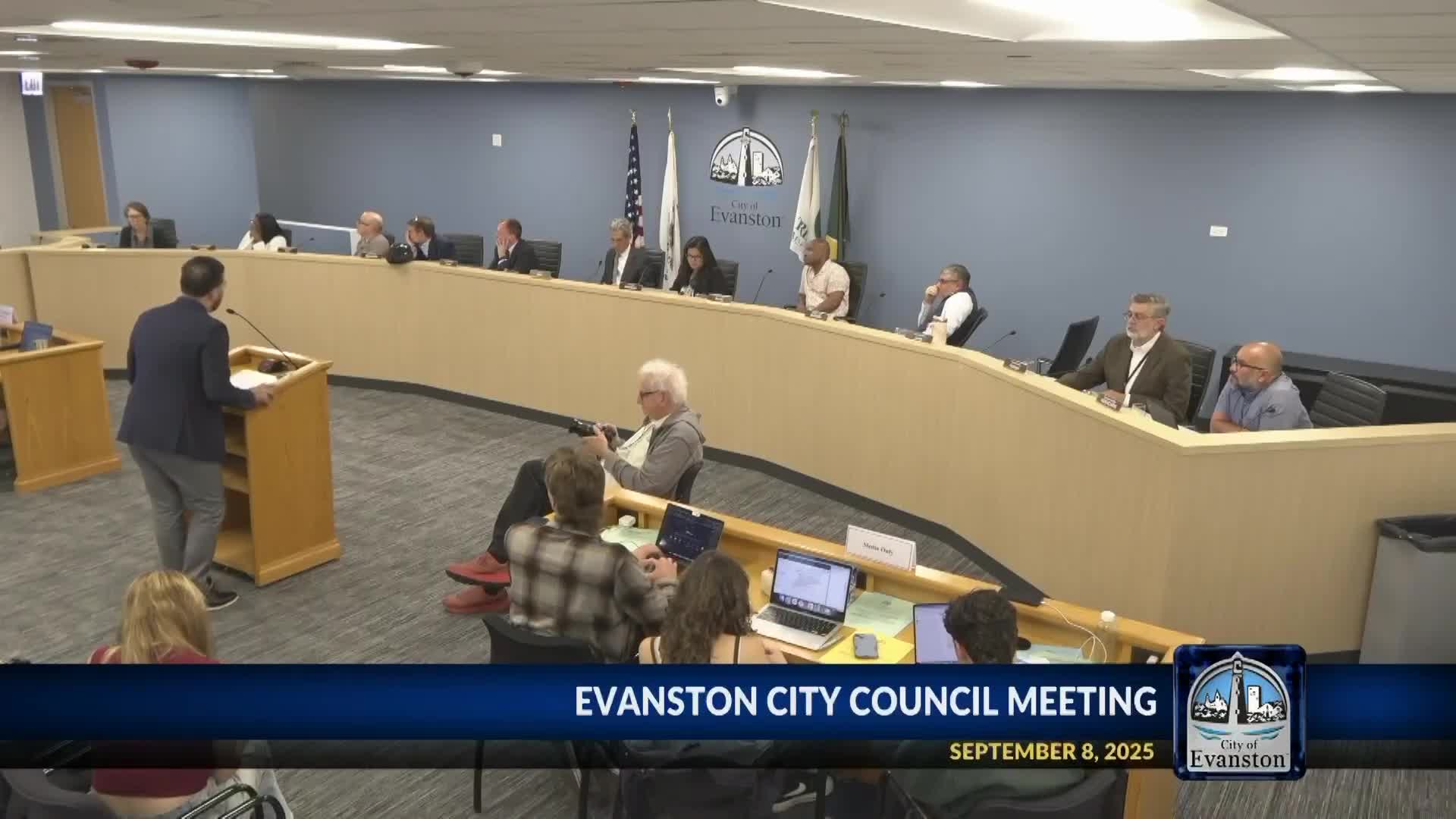Article not found
This article is no longer available. But don't worry—we've gathered other articles that discuss the same topic.
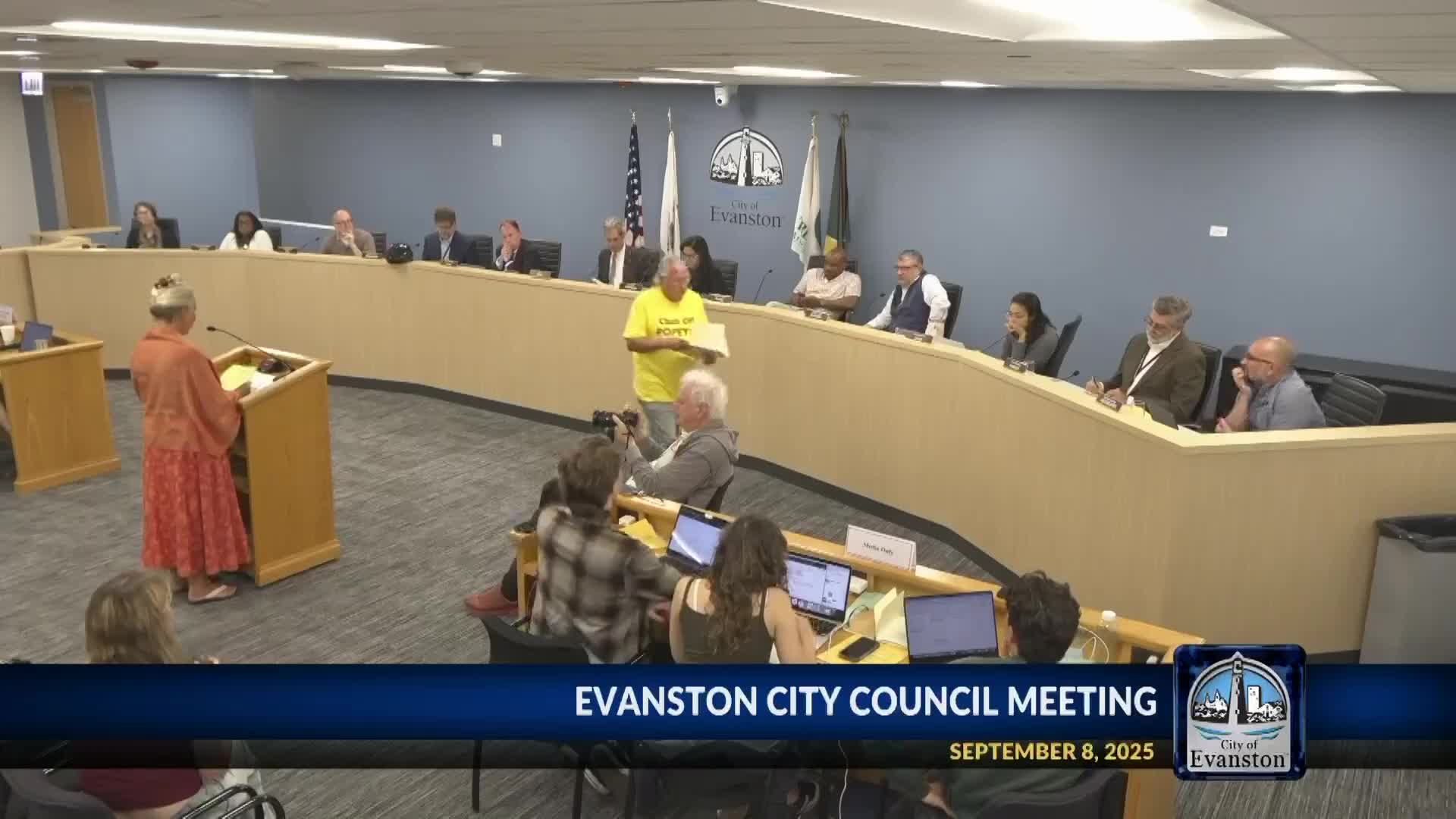
Residents and Heartwood leaders press council on Popeyes special-use and alleged harassment
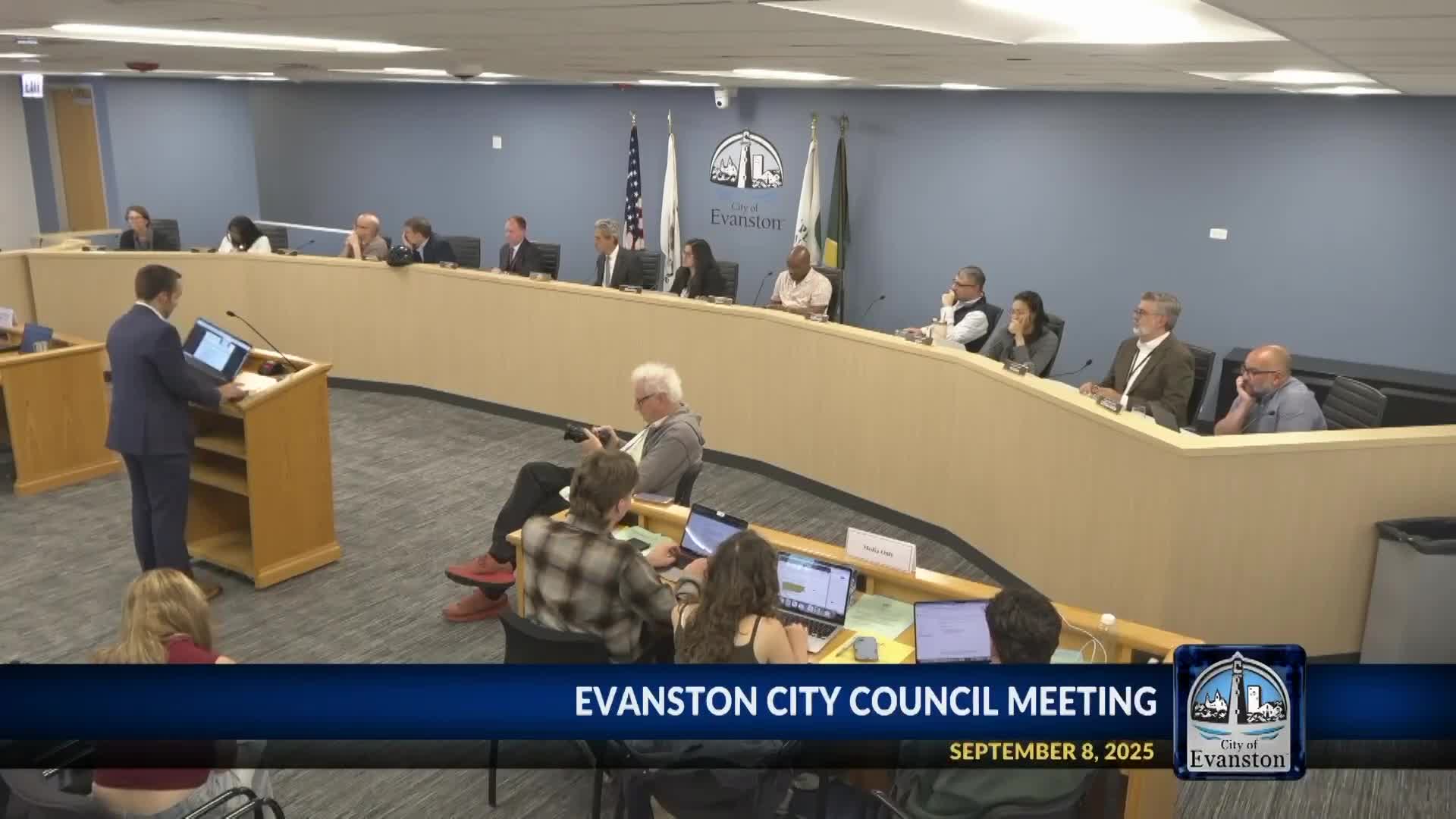
City finance chief outlines midyear picture: one-time permit revenue masks structural deficit
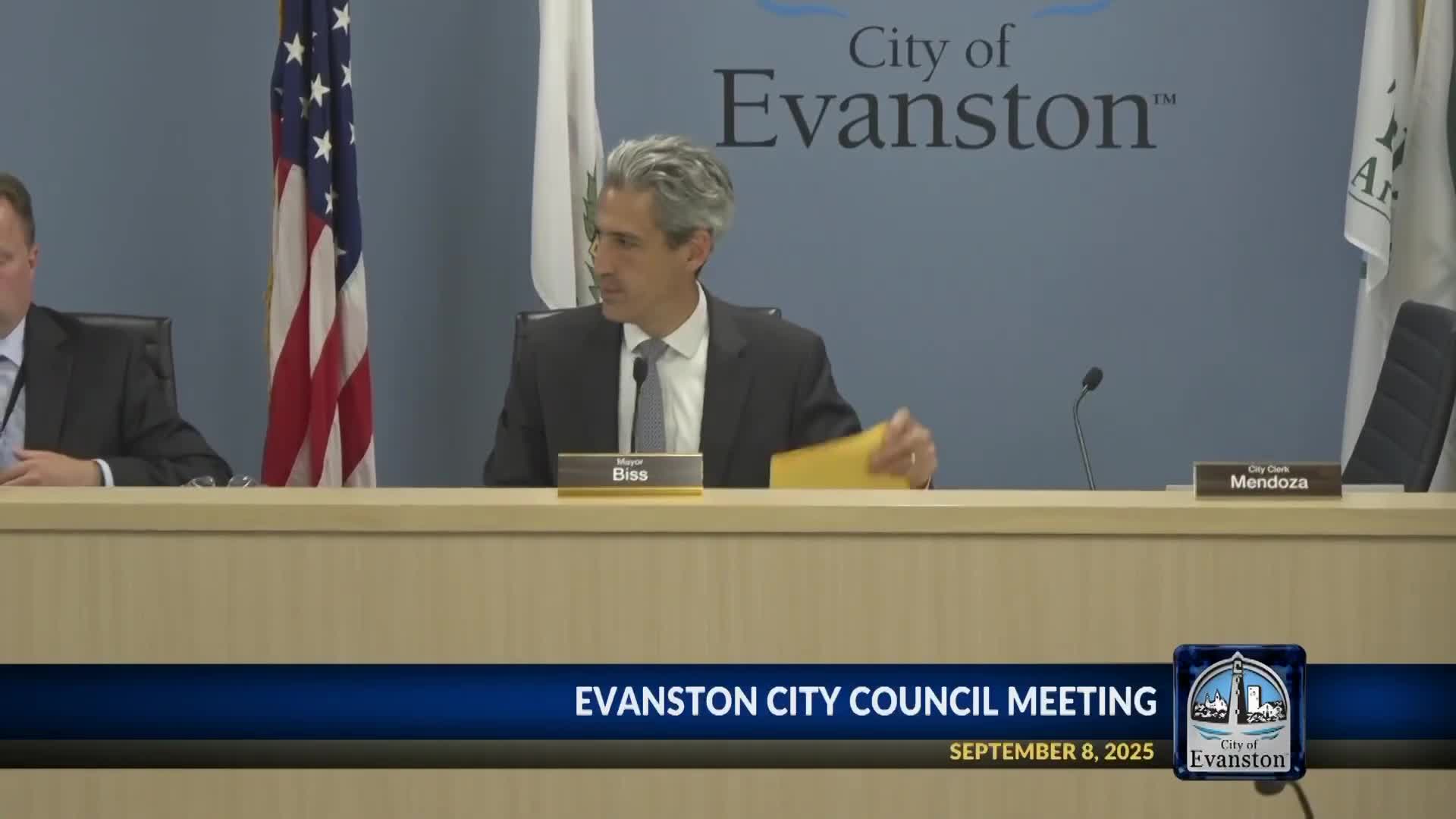
Council introduces 1% grocery tax ordinance; schedules special Sept. 15 vote
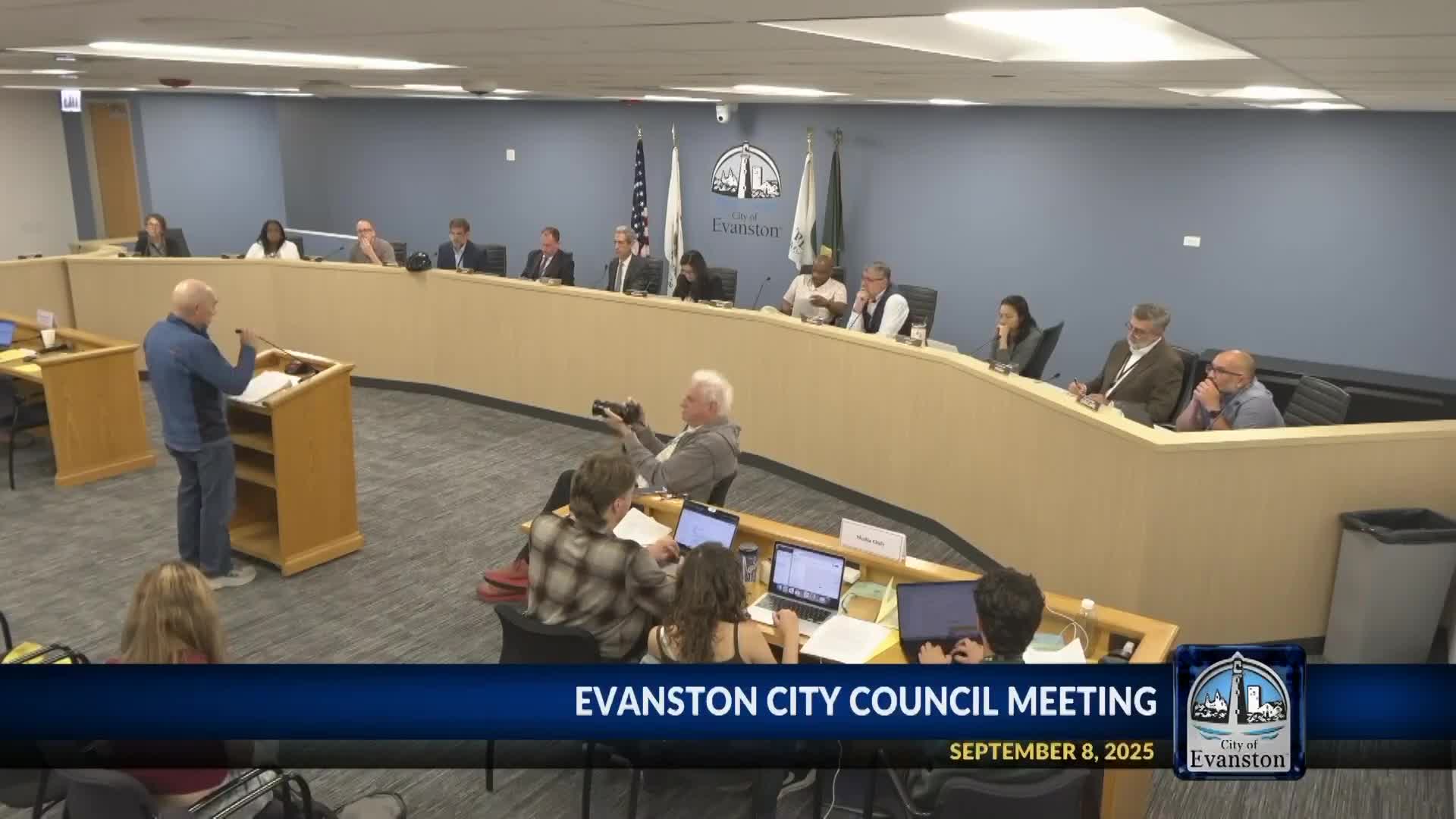
Council approves Northwestern softball stadium plan after public debate over lights and truck routes
